
Codeleaks
A comprehensive detection tool for AI-generated, plagiarized or modified source codes, offering licensing alerts, proprietary code monitoring, and support for multiple languages. It provides integration with native LMS and has a powerful and customizable API.
More Details About Codeleaks
AI-Powered Code Detection: Identifying What Machines Write
As developers and students increasingly use tools like ChatGPT, GitHub Copilot, and Codex, it becomes essential to determine whether code is original, human-written, or AI-generated. Codeleaks deploys machine learning models specifically trained to detect syntactic and semantic patterns typical of AI-generated code.
Key features of AI-code detection:
- Deep neural inspection of code structure and logic flow
- Pattern analysis of indentation, syntax complexity, and abstraction layers
- AI fingerprint recognition from major LLMs like GPT-3.5, GPT-4, and Claude
- Confidence scores indicating likelihood of AI involvement
- Cross-referencing against known AI datasets to reduce false positives
This functionality provides educators, employers, and security teams with a scientific method to verify the authenticity of source code submissions and detect unethical or automated shortcuts.
Plagiarism Detection Across Languages and Repositories
Code plagiarism, whether intentional or accidental, is a growing concern in both academic and professional settings. Codeleaks offers a multi-language, repository-aware detection engine that compares submitted code against public, proprietary, and historical data sources.
Plagiarism detection capabilities:
- Support for over 20 programming languages, including Python, JavaScript, Java, C++, C#, Go, Ruby, Swift, and PHP
- AST (Abstract Syntax Tree) comparison to catch structural plagiarism even when variable names change
- Token-based similarity algorithms for near-duplicate detection
- Repository crawling of GitHub, GitLab, Bitbucket, and private version control systems
- Lineage tracking to discover derivative works and code evolution paths
By combining lexical, structural, and functional analysis, Codeleaks helps organizations uphold academic honesty, developer credibility, and intellectual ownership.
Licensing Alerts and Proprietary Code Monitoring
Unauthorized reuse of code not only raises ethical concerns but can also result in legal liabilities. Codeleaks includes licensing compliance monitoring and proprietary code protection mechanisms that flag suspicious usage or redistribution.
Licensing and proprietary protection features:
- Automated license detection across files, modules, and repositories
- Real-time alerts when proprietary or open-source code appears in unauthorized contexts
- Fingerprint matching of internal codebases for internal leakage prevention
- Integration with SPDX, OSI, and commercial license registries
- Enterprise-grade policy management for different legal thresholds
This protects your organization from the risks associated with inadvertent GPL contamination, unauthorized SaaS code use, or leaked intellectual property in collaborative environments.
Native LMS Integration for Academic Institutions
Educational institutions face increasing challenges in verifying the originality of student work. Codeleaks offers native integrations with leading LMS platforms to automate plagiarism detection, assignment evaluation, and academic integrity enforcement.
Supported LMS platforms include:
- Moodle
- Canvas
- Blackboard
- Google Classroom
- Microsoft Teams for Education
Academic functionality includes:
- Automated plagiarism scans on student code submissions
- Instant feedback for educators and administrators
- Historical plagiarism database for institutional memory
- Gradebook syncing and submission audit trails
- Instructor dashboards with class-wide originality reports
With Codeleaks, educators can easily enforce fair assessment policies, provide constructive feedback, and maintain transparent academic standards across all courses.
Multi-Language Support for Global Development Teams
In today’s multilingual programming world, code detection tools must go beyond basic syntax recognition. Codeleaks offers deep compatibility with an extensive list of programming languages, ensuring accurate detection across a diverse tech stack.
Supported languages include:
- Front-end: HTML, CSS, JavaScript, TypeScript
- Back-end: Java, Python, Node.js, PHP, Ruby
- Compiled: C, C++, Rust, Go
- Scripting: Bash, Perl, PowerShell
- Mobile: Swift, Kotlin, Dart
- Data & ML: R, Julia, MATLAB, SQL
With this wide coverage, Codeleaks is the go-to solution for universities, startups, tech enterprises, and open-source maintainers seeking comprehensive protection across their development environments.
Customizable API for Seamless Integration and Automation
Codeleaks provides a robust RESTful API that allows developers and DevOps teams to embed code analysis directly into their workflows, CI/CD pipelines, or custom tools.
API features include:
- Real-time code submission and report retrieval
- Webhook support for notification and alerting
- Access token-based security and rate limiting
- Batch processing for large codebases
- Custom rule definition for specific plagiarism thresholds or license flags
This enables teams to scale their code verification efforts, trigger alerts when violations are detected, and integrate seamlessly into secure, compliant development environments.
Powerful Dashboard and Analytics Suite
Insightful reporting is crucial for identifying patterns of misuse or violations. Codeleaks features a highly visual analytics dashboard that helps administrators, educators, and engineering leads make data-informed decisions.
Key dashboard capabilities:
- Plagiarism heatmaps to visualize frequency and intensity
- Code reuse trend analysis by department or team
- Flagged user reports with code snippet comparisons
- License violation timelines and risk assessments
- Weekly summary reports via email or Slack
With these tools, stakeholders can maintain an eagle-eye view of code health, compliance, and originality across the organization.
Use Cases Across Industries
1. Academia & Online Learning Platforms
Universities and bootcamps use Codeleaks to safeguard academic integrity, identify suspicious submissions, and prevent mass copying in programming courses.
2. Enterprise Development & Legal Teams
Corporations use Codeleaks to monitor source code compliance, prevent internal leaks, and track license usage across multiple product lines.
3. Open-Source Maintainers
Project owners ensure that contributors are providing original code and avoid integrating modules that may violate license agreements.
4. Freelance Marketplaces & Recruiters
Platforms like Upwork, Toptal, and HR firms validate candidate submissions with Codeleaks to ensure genuine skill representation and plagiarism-free code samples.
Why Codeleaks Leads the Industry in Code Detection
What makes Codeleaks unmatched is its multi-layered detection architecture, real-world dataset training, and integrated security-first approach. Unlike simplistic code comparison tools, Codeleaks utilizes:
- Neural sequence modeling to understand context
- Historical training data from thousands of repos and submissions
- End-to-end encryption for privacy preservation
- Scalable architecture that supports tens of thousands of checks daily
The result is trusted, accurate, real-time insights for anyone who cares about the authenticity, security, and legality of their code.
If you liked Codeleaks, you might also like
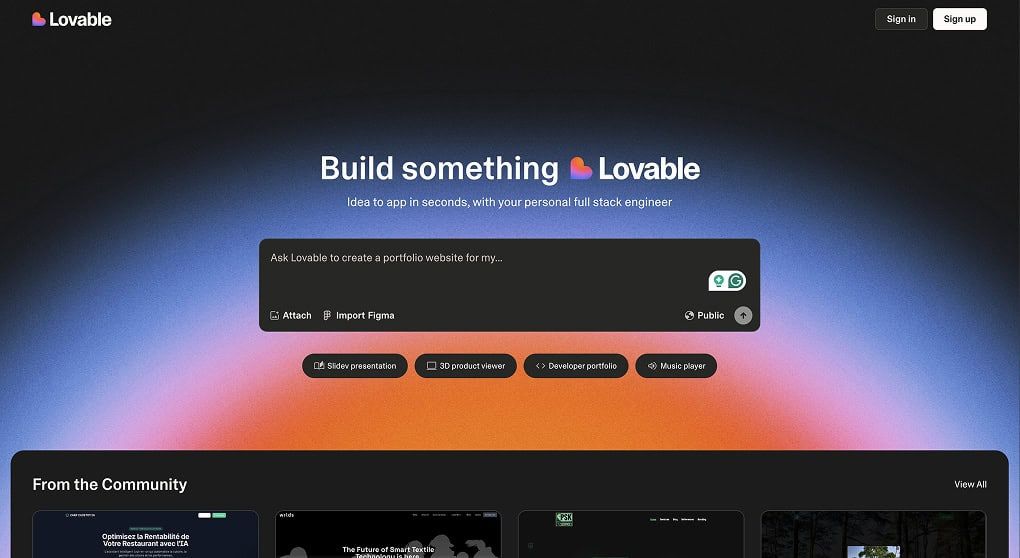
Lovable.dev
Lovable.dev emerges as a groundbreaking platform that leverages artificial intelligence to simplify and accelerate the creation of web applications. By transforming natural language descriptions into fully functional applications, Lovable.dev empowers both developers and non-technical users to bring their ideas to life with unprecedented speed and efficiency.
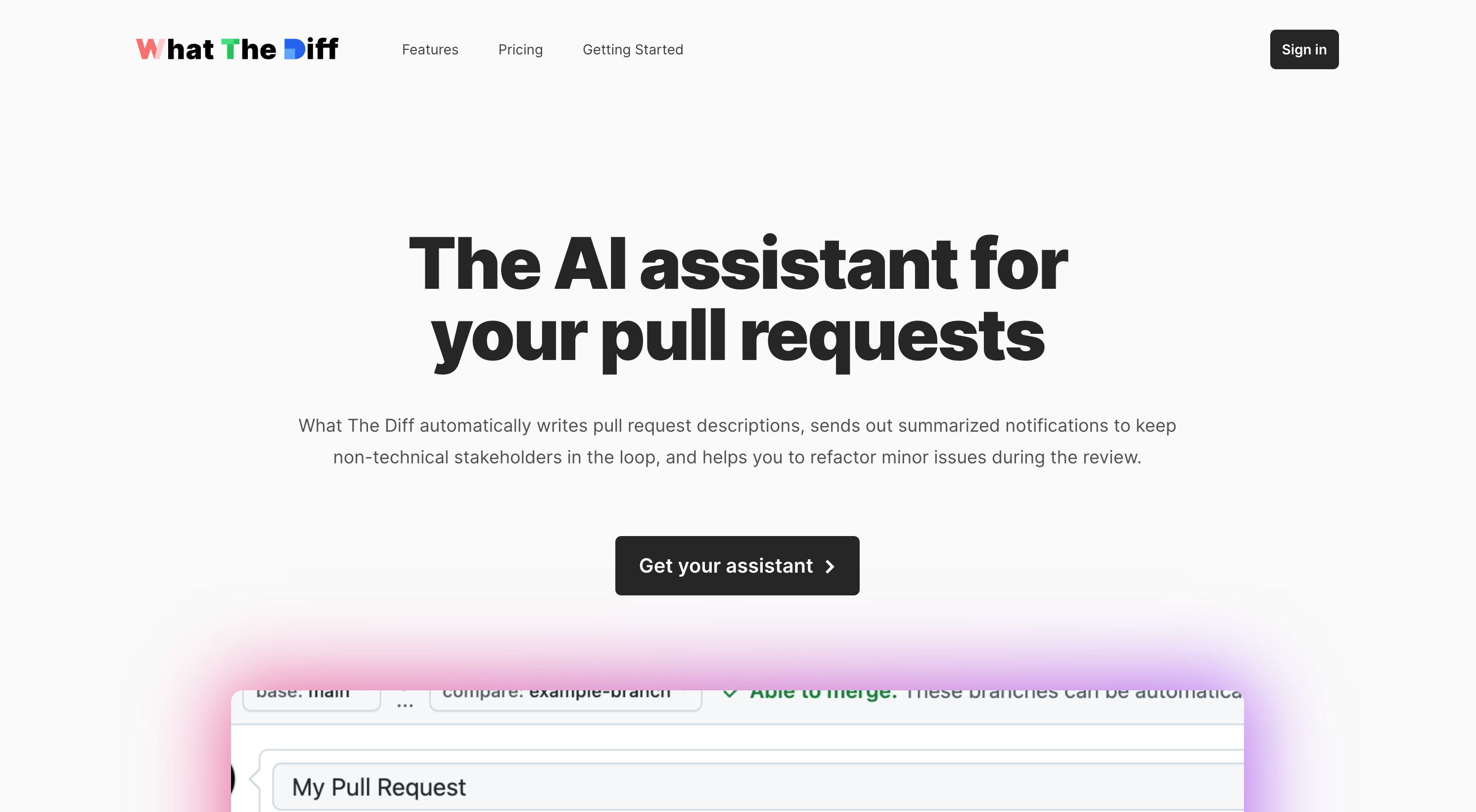
What The Diff
What-the-Diff's AI model breaks down your Github code changes into understandable chunks, increasing the accuracy and speed of review. Save time on software development change reviews.
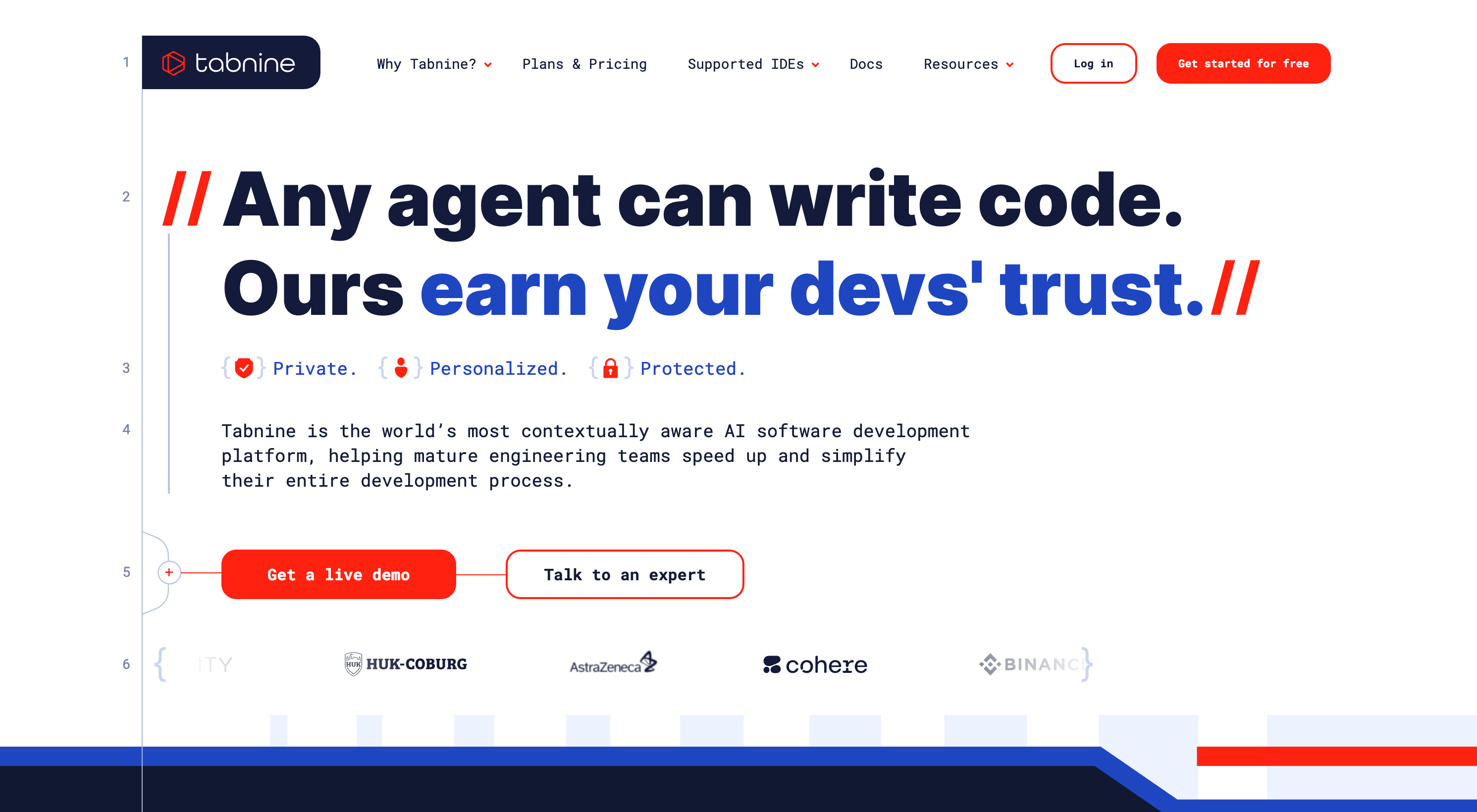
Tabnine
AI assistant for software developers. Tabnine is a context-aware code completion tool that suggests the most relevant choices for you as you type.
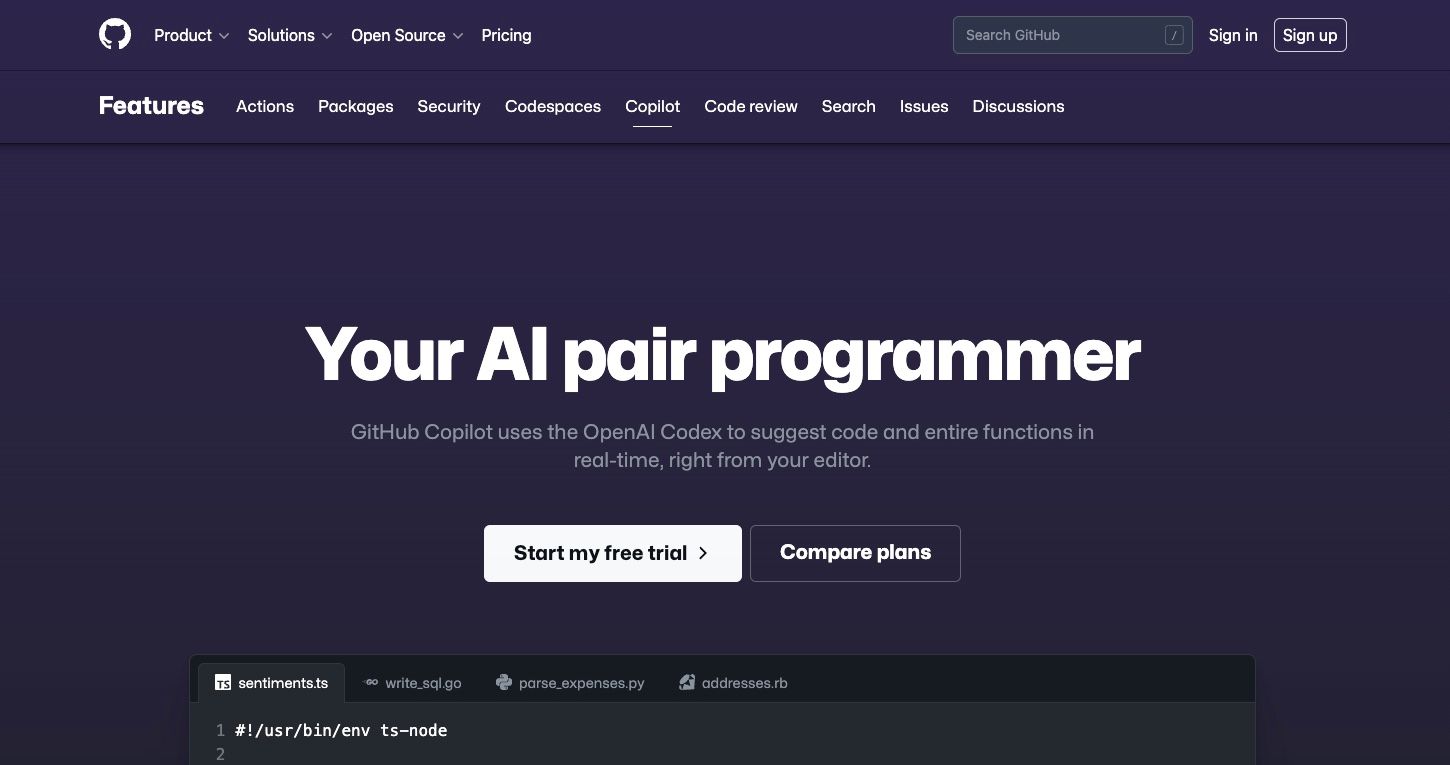
Github Autopilot
Autopilot takes a lot of grunt work and hassle out of coding by suggesting snippets of code to developers - learning from its experiences and adapting to new coding styles as it goes along. With Autopilot, coders can write code faster and more accurately
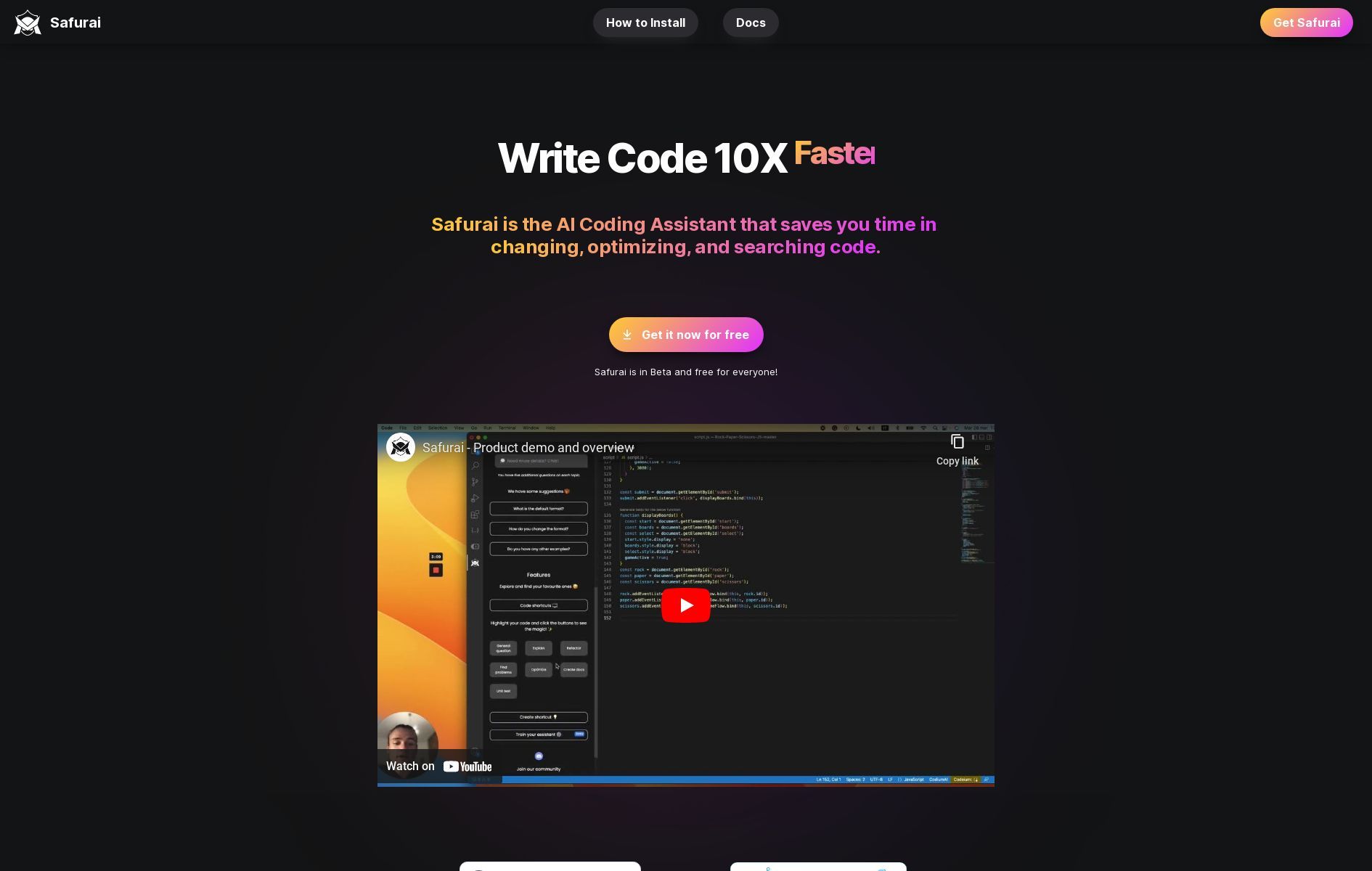
Safuri
Safurai: a cutting-edge AI coding assistant streamlining the coding process for developers.
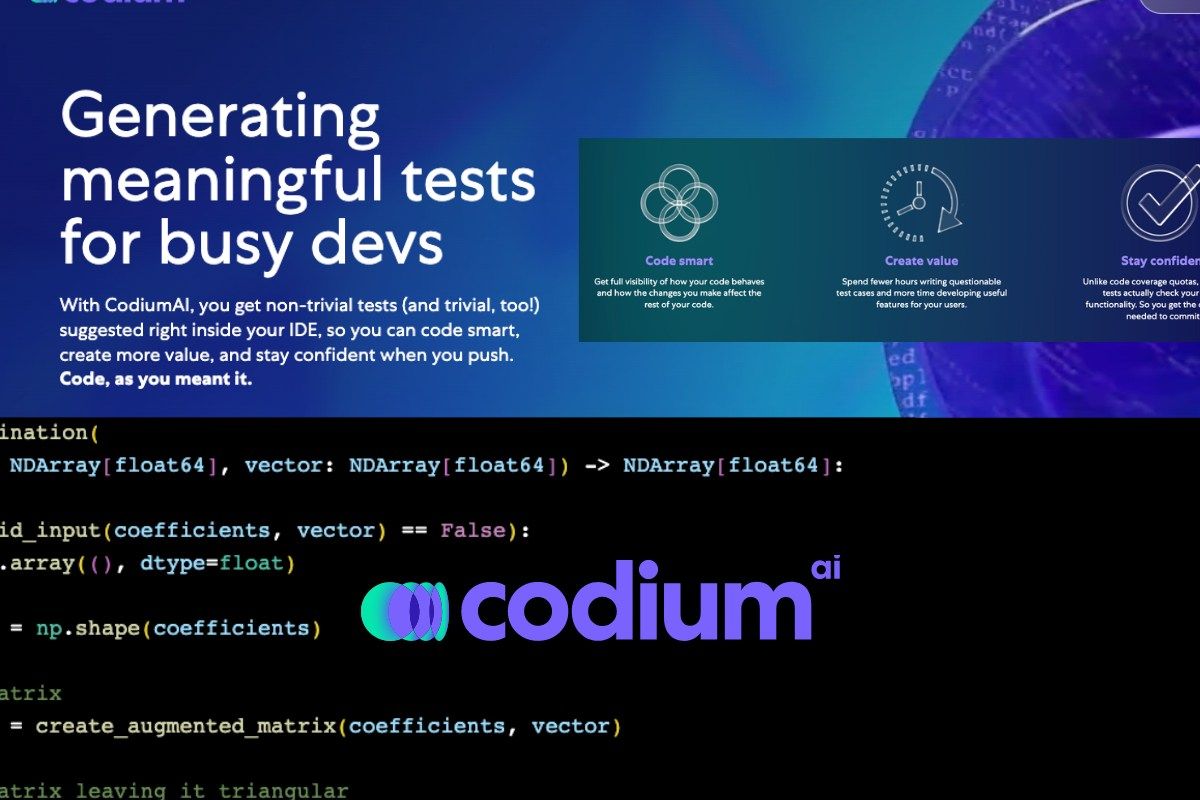
CodiumAI
USe CodiumAI's powerful tools to keep your focus to crafting valuable, user-centric features, all while maintaining a bug-free codebase. Bid adieu to the tedious task of manually creating tests.
Contact Me ☎️
Discuss A Project Or Just Want To Say Hi?
My Inbox Is Open For All.
Connect with me on Social Media


